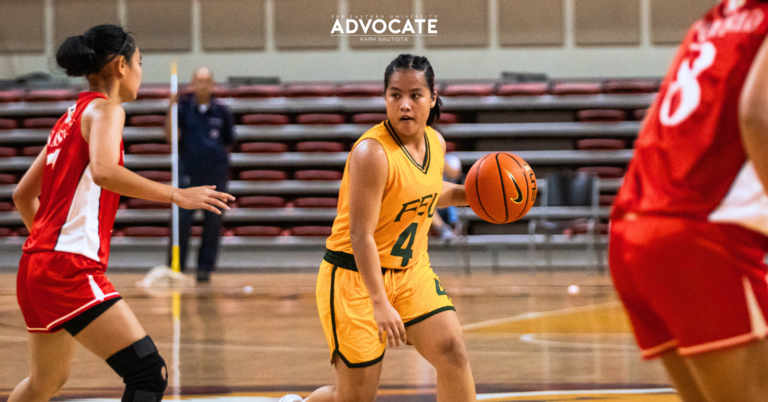
Tamang Tao, Maling Kolehiyo
- November 22, 2023 09:04
FEU Advocate
December 02, 2024 19:56

By Lynette Joy A. Pasajol
Far Eastern University (FEU) completed its 13th ASEAN University Network-Quality Assurance (AUN-QA) Institutional Assessment with a presentation of findings after a five-day on-site evaluation to advance its Aspiration 2028 at the FEU Main Auditorium last November 29.
With a new guide, the AUN-QA Institutional Level 3.0 framework evaluates universities using a seven-point rating scale across 15 criterias categorized into strategic QA, systemic QA, and results.
During her speech, AUN-QA Chief Assessor and Lead Assessor for the Strategic Management Panel Ornsiri Cheunsuang emphasized the fairness and accuracy involved in the assessment.
“Rest assured that this assessment has been done with the diversity of the expertise and experience of the assessment team to ensure fair and accurate assessment of FEU. For scoring of the institutional assessment, we follow the same principle as program assessment of AUN-QA… In order to pass institutional assessment, each panel of assessment of the QA practice has to receive four or above scores,” she said.
Alongside Cheunsuang, the AUN-QA panel includes Co-Assessor Nguyen Huy Phuc for the management strategic QA, Chief Assessor Yu Un Oppusunggu and Co-Assessor Tan Chin Hon for the functional strategic QA, and Chief Assessor Tan Kay Chuan and Co-Assessor Jorge Fidel Barahona Caceres for the systemic QA.
The assessment evaluated the University’s performance in key areas, including governance, leadership, human resources, finances, educational results, research, and community engagement.
Notable strengths identified in the report include FEU’s clearly articulated vision and mission statements, a robust organizational structure, and commitment to sustainability and social responsibility.
Moreover, the assessors commended the University’s strong leadership team for its strategic direction and the comprehensive staff development programs enhancing employee well-being.
However, leveraging data analytics to inform decision-making and optimizing performance management systems were identified as opportunities for improvement.
In the area of student support, FEU was noted for offering comprehensive services, including health, counseling, and disability support.
The assessment report suggested that the University could benefit from implementing “smart campus” technologies to improve efficiency and sustainability in its physical resources.
In his wrap-up presentation, Oppusunggu shared his positive outlook for FEU’s future.
“What to expect from FEU? As an institution, as a university, what are you doing in the education aspects? In the community extension services, as well as research? And you want to be known, but you need to put that into your context… You are in your own league. With the strong financial support, FEU should be able to achieve the 2028 aspiration,” he stated.
FEU’s strong external relations with industries, alumni, and the government were also acknowledged, with recommendations for improving the central monitoring of these collaborations to assess their impact on student learning and institutional growth.
In the course of the five-day assessment, AUN centered on developing a comprehensive QA system to elevate academic standards across its member universities.
(Photo courtesy of ASEAN University Network)









